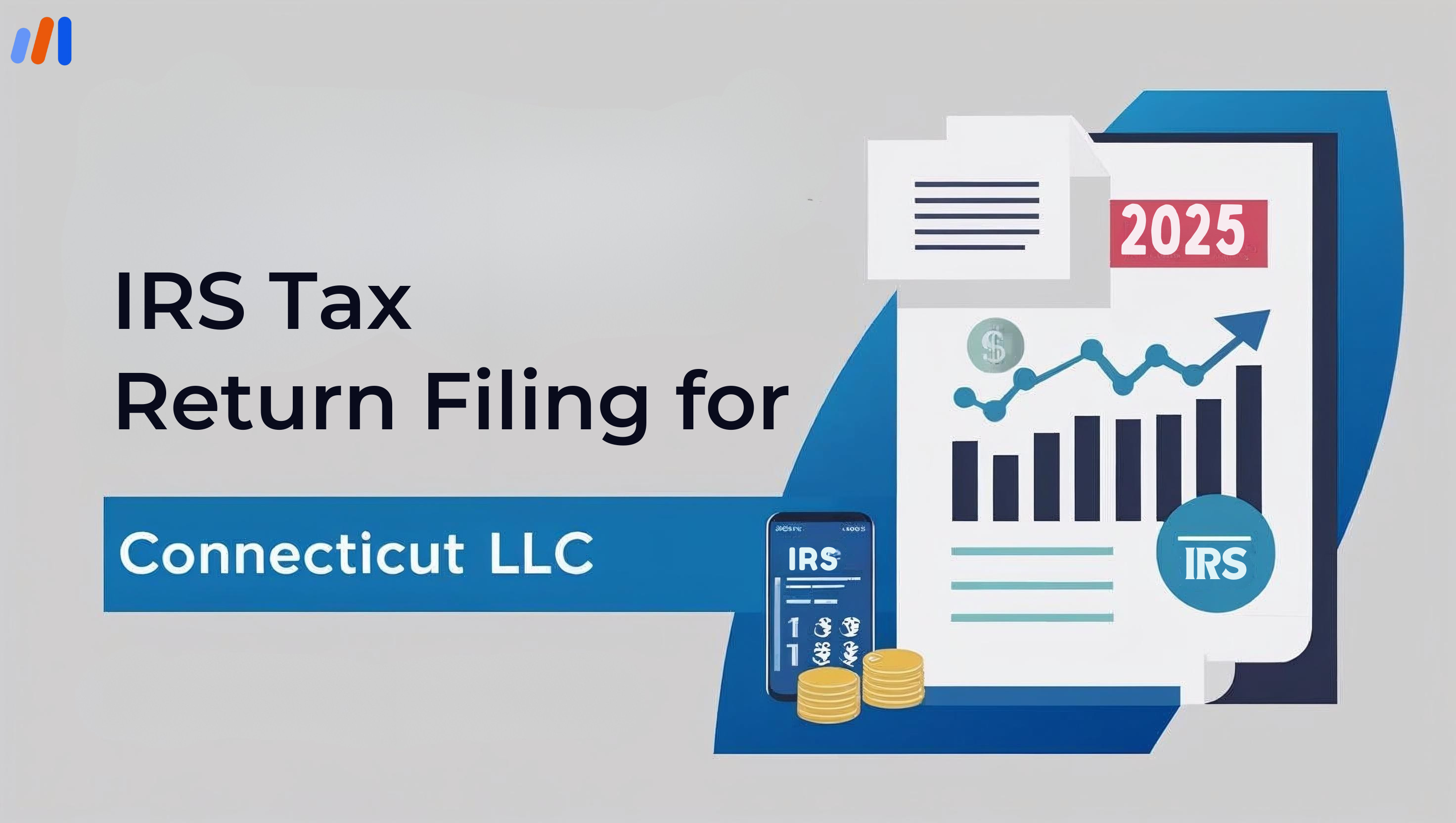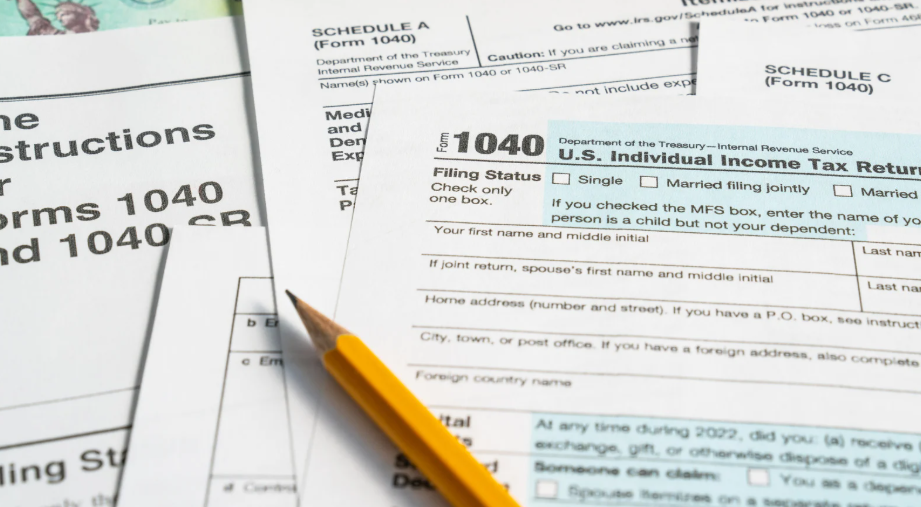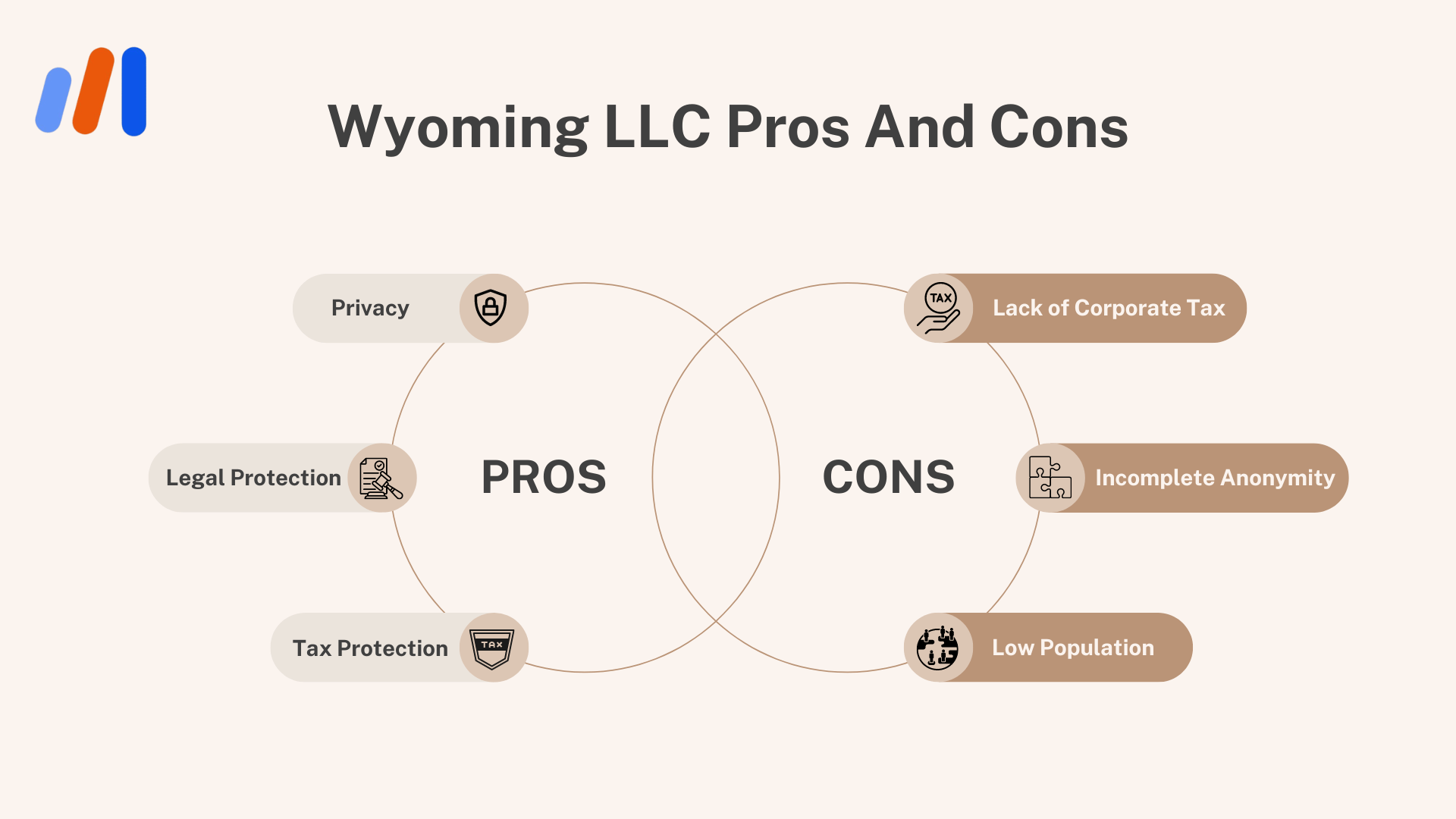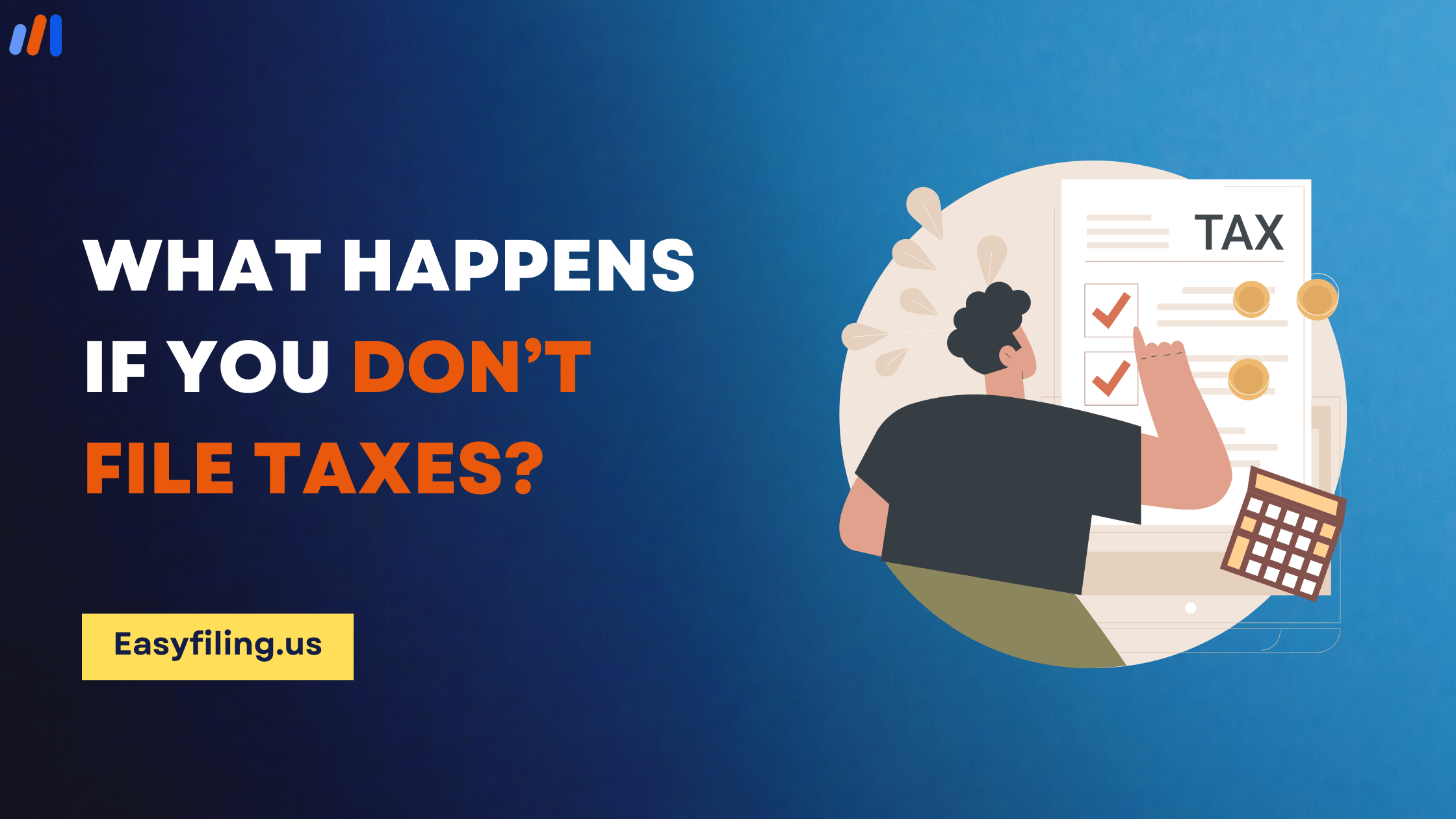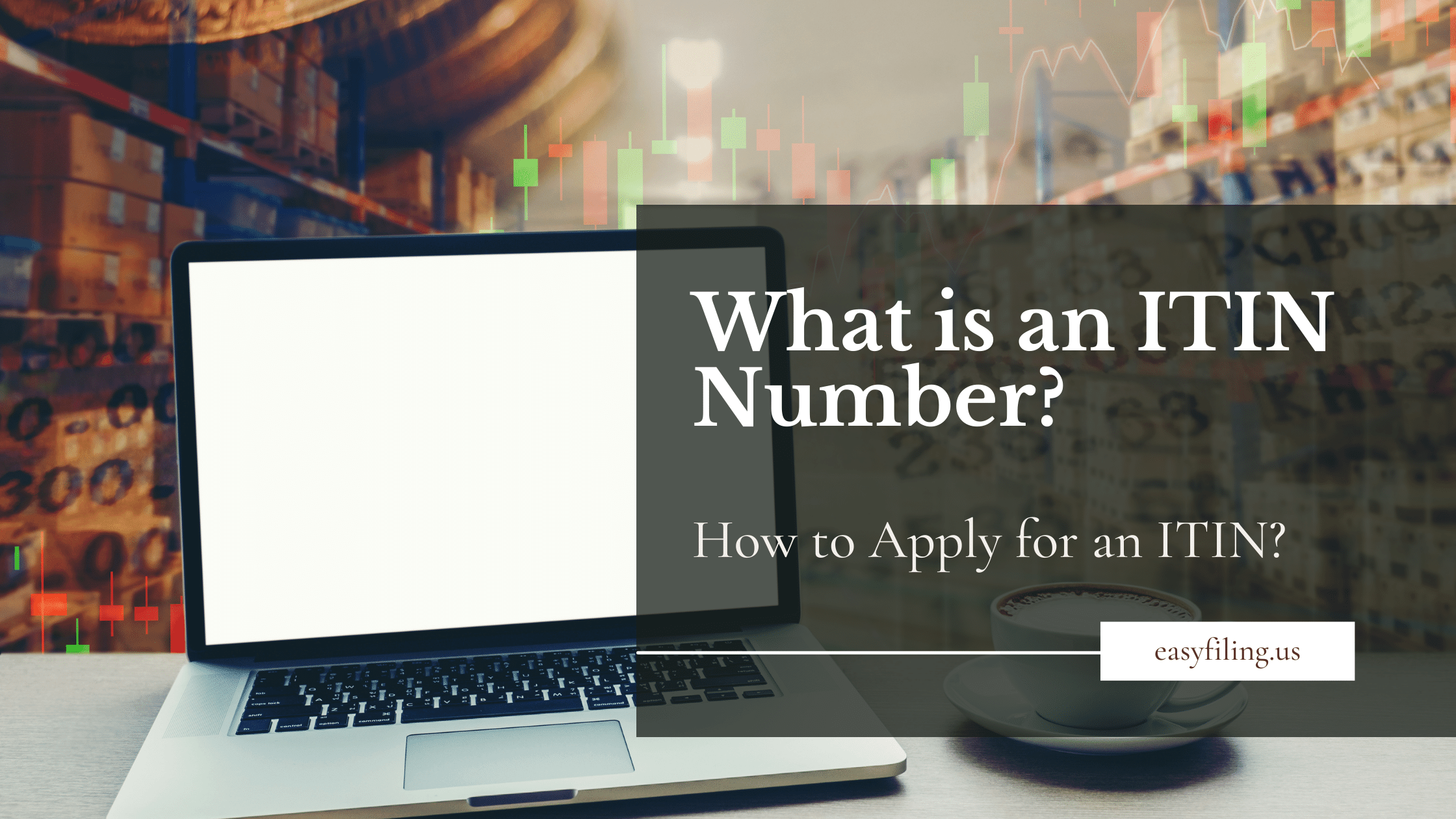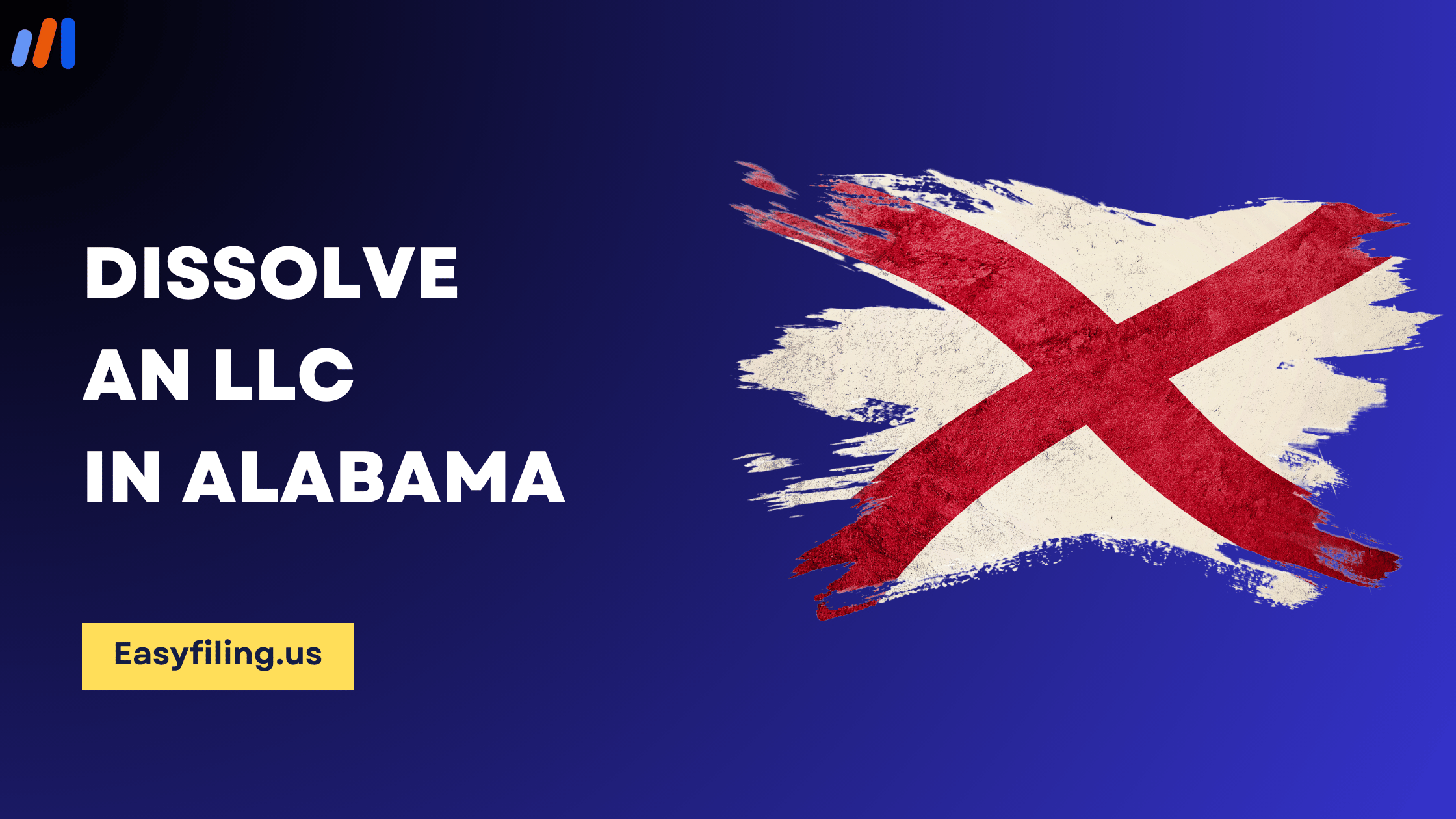Holding an LLC in Connecticut opens great opportunities for small businesses and entrepreneurs, including flexible management, pass-through taxation, and limited liability protection.
At the same time, one must not forget the critical responsibility of tax filing, particularly with the IRS. This negligence can result in stiff consequences such as penalties, forgotten audits, or loss of standing.
In this article, we will discuss the process of IRS tax return filing for Connecticut LLC, focusing on classifying the taxes, reporting the taxes, deadlines, and other relevant details.
Important Features of Tax Classification for LLC
It’s just as crucial to know how the IRS categorizes LLCs for taxation purposes as it is to be familiar with forms and deadlines.
By default, the IRS categorizes LLCs as pass-through entities, which simplifies taxation. This means the business as a whole doesn’t pay taxes.
Instead, profits or losses are transferred to the owners or “members” who will report these figures on their personal income tax returns.
a) Single-member LLC
- Classified as a disregarded entity by default.
- All income and expenses must be submitted in Schedule C along with Form 1040.
- Schedule SE may be needed for self-employment tax calculation and additional forms.
- Other applicable schedules may include rental income Schedule E or farming income Schedule F.
b) Multi-Member LLC
- For tax purposes, partnership status is given.
- Form 1065 U.S Return of Partnership Income must be filed.
- Each member is provided with a Schedule K-1, Form 1065, that details income, deductions, and credits that need to be claimed in the personal tax return.
c) LLC Electing to be Taxed as a Corporation
Corporate taxation can be chosen for an LLC by:
There may be tax advantages, such as decreased self-employment taxes or certain deductions, or fringe benefits.
Federal Tax Filing Requirements
No matter how your LLC is organized, tax compliance with the IRS is mandatory. Here’s a summary based on the classification of your LLC:
a) Single Member LLC
Schedule C has to be submitted with Form 1040 for the profit and loss statement, along with other possible submissions:
- Schedule SE for self-employment
- Form 4562 Depreciation and Amortization
- Form 8829 Business Use of Home
b) Multi-Member LLC
- Incurred expenses will require Form 1065 to be filed every year.
- Place K-1 in an envelope addressed to each member.
- Some other forms may consist of:
- Form 4797 (for the sale of business assets)
- Form 8949 and Schedule D for capital gains and losses.
C) LLC With C Corporation Tax
- U.S. Corporation Income Tax Return, Form 1120.
- Corporations pay flat federal taxes and may incur double taxes (on profits and dividends paid to shareholders)
D) LLC With S Corporation Tax
- Business Tax Return, Form 1120.
- Tax Schedule K-1 (Form 1120-S) will be distributed to shareholders.
- Potentially need to submit Form 941 for payroll tax and Form W-2 for wages paid to employees.
Employer Identification Number (EIN)
Most LLCs formed in Connecticut require an IRS-issued Employer Identification Number (EIN) for:
- Possessing multiple members
- Employing individuals.
- Opting to be taxed as a corporation.
- Establishing a business bank account.
An application to procure an EIN can be made directly on the IRS website, which does not charge fees.
Connecticut State Tax Responsibilities
In addition to federal taxation, these LLCs must also fulfill additional state tax obligations:
Business Entity Tax
- Discontinued in 2020. The state of Connecticut no longer levies an annual business entity tax against LLCs.
State Income Tax
- Members of the LLC declare their proportion of income from the business in the Connecticut personal income tax return, Form CT-1040.
- The earnings will be taxed according to Connecticut’s progressive income tax brackets.
Any Sales and Use Tax
- You must apply at the Connecticut Department of Revenue Services (DRS) for a Sales and Use Tax Permit Registration if your LLC sells taxable services or goods.
- Submit monthly or quarterly returns depending on the amount of sales you make.
Taxes Owed Based on Employment
If employees are hired, the following registrations are required:
- Tax Withholding in Connecticut
- Connecticut Unemployment Insurance (UI) Tax
Additionally, timely withholding deposits and wage reports must be remitted.
Important Deadlines
Staying on top of deadlines is essential to avoid penalties. Below are key federal filing deadlines:
| Form | Due Date |
| Form 1065 (Partnerships) | March 15 |
| Schedule K-1 (to Members) | March 15 |
| Form 1120-S (S Corps) | March 15 |
| Form 1120 (C Corps) | April 15 (or 15th day of 4th month after fiscal year-end) |
| Form 1040 (Individuals) | April 15 |
| Form 941 (Payroll) | Quarterly |
If the due date falls on a weekend or legal holiday, the deadline is extended to the next business day.
Fines For Filing Taxes Late
Not submitting federal tax paperwork on the deadline may subject you to high penalties:
- Late Filing of Form 1065 or 1120-S: $220 per month, per partner/shareholder, up to 12 months.
- Failure to Provide Schedule K-1: Separate penalties apply for each missing or incorrect K-1.
- Late Payment of Taxes: The IRS charges interest plus penalties of up to 25% of the unpaid tax.
- Failure to File Form 941 or Submit W-2s: Results in additional payroll-related penalties.
Tips for Smooth Tax Filing
For better compliance and reduced audits, it’s best to:
Keep precise documentation: this entails organizing these: invoices, receipts, payroll reports, and bank statements.
Implement Accounting Software: Applications such as EasyBooks, QuickBooks, Xero, and Wave aid in the easy management of expenses and taxes.
Replace Your Work With A Professional: The right tax classification can be selected and accuracy obtained with the aid of a CPA or tax consultant.
Set Calendar Reminders: Ensure that nothing is forgotten on selected dates; you may consider scheduling quarterly check-ins.
Review Your EIN and Tax Elections: Make sure the IRS has the correct classification for your LLC.
How EasyFiling Can Help
At EasyFiling, we help Connecticut LLC owners with every step of the tax procedure. From novice entrepreneurs to established business owners, we work with clients of all backgrounds and complexities:
- Guidance with IRS and local Connecticut tax obligations
- Guidance on applying for an EIN
- Filing Form 1065, Form 1120, and other relevant documents
- Guidance on S Corporation elections using Form 2553
- Access to professional bookkeeping and tax advisory services
We do all the required paperwork for you in advance to minimize your workload during tax season, allowing you to concentrate on expanding your company.
Conclusion
Setting up and running a Connecticut LLC gives you the flexibility and freedoms, but you must stay on top of state and IRS tax filing requirements to ensure your business isn’t exposed to penalties.
From single-member LLCs filing business income through personal tax returns to multi-member LLCs requiring partnership filings and K-1s, you must have a clear understanding of your obligations.
Keeping track of deadlines, being organized, a choosing a tax classification make meeting your tax obligations much easier. For those looking to relieve the stress that comes with dealing with taxes on their own,
EasyFiling aids you through the process by providing expert advice and LLC-specific filing services.
Focus on your business while we at EasyFiling handle the IRS filings for you.
Frequently Asked Questions (FAQs)
Does every LLC in Connecticut need to file its taxes with the IRS?
All Connecticut LLCs need to file federal taxes with the IRS, regardless of their status as single-member, multi-member, or corporate entities. There might be additional requirements for state filing depending on the type of business and income earned.
When is Form 1065 due for my multi-member LLC?
For multi-member LLCs, Form 1065 is due every year on 15th March. If the 15th falls on a holiday or weekend, the deadline is pushed to the next business day. You also need to furnish all members with Schedule K-1s by that date.
What if I do not have an income this year? Does my LLC still require me to file taxes for it?
Yes. The IRS generally requires a return to be filed, even if your LLC had no income or activity. As an example, a multi-member LLC must still comply by filing Form 1065, which is considered a pass-through entity, even if there is no income to report.
Is it possible for me to alter the taxation procedures of my LLC at a later point?
Yes. If you wish to change your LLC’s tax classification to a C Corporation, it can be done by filing Form 8832. To change your LLC into an S Corporation, you need to file Form 2553. However, certain eligibility criteria and deadlines need to be adhered to.
In case I am the only owner of the LLC, is it a requirement for my LLC to have an EIN?
Most probably yes. If unitary member LLCs have employees, intend to choose corporate taxation, or wish to open a business banking account, they will need an EIN.
File Your LLC Today
25$ off with a coupon
Lock in EasyFiling's transparent rates and get lifetime compliance support at no extra cost.
Get Started Now